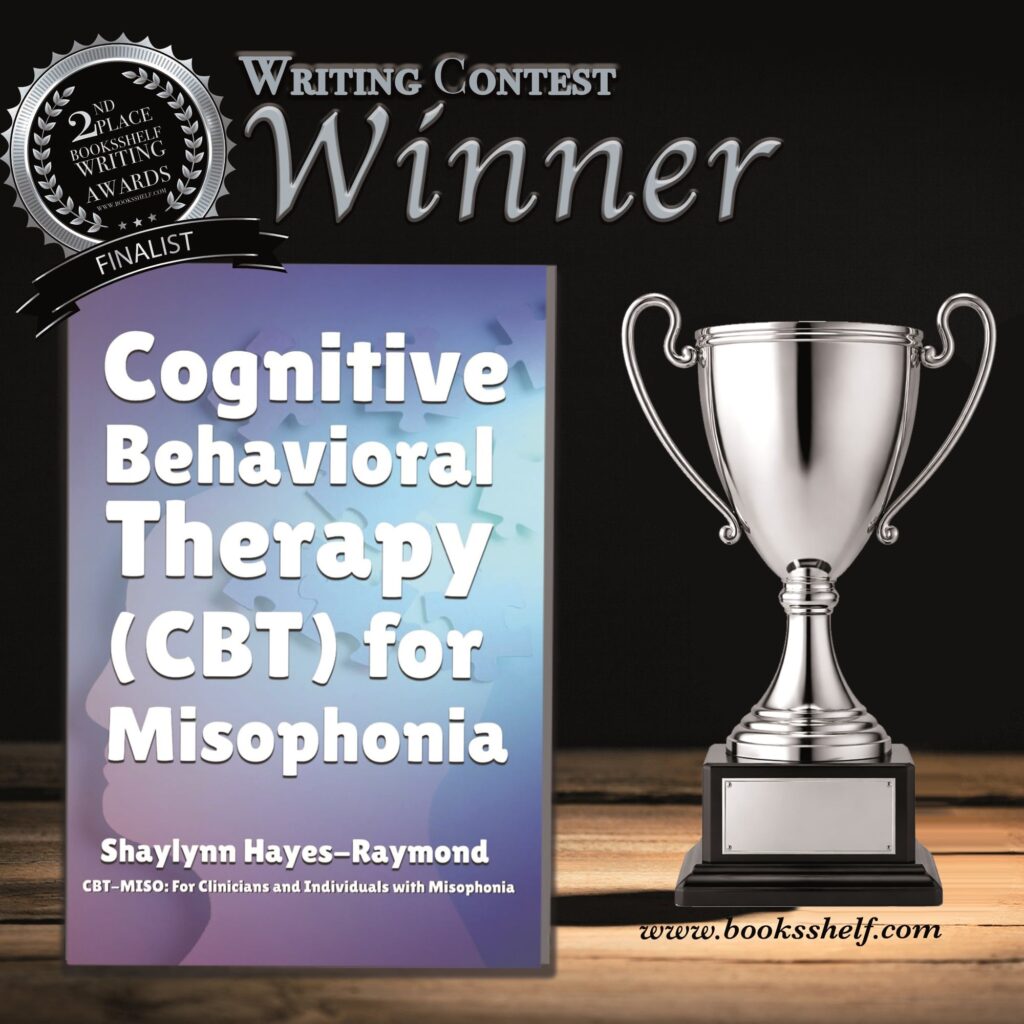
How We Survive Ourselves tells the stories of mental illness through the eyes of a man with dissociative identity disorder, a young woman with misophonia, a young woman with depression, the wife of the DID sufferer, and a therapist trying to help these characters cope. How We Survive Ourselves is meant to be a realistic picture of mental illness, but that does not mean there is no hope. Through the eyes of the characters and their experiences, a new sort of understanding develops
Please note this preview is “Chapter 2” in the completed novel. It is the first chapter about Misophonia, and therefore was chosen for the FREE PREVIEW.
Chapter 2: “Adra”
I don’t belong with these people. I’m sure their problems are perfectly legitimate, but mine cannot be helped by psychoanalysis. Group sessions are exactly what cause my frustration. People are my frustration. How then, if I cannot stand people, am I supposed to heal in their presence? The answer is that I can’t. It’s not like I don’t want to be helped. I would trade everything I have to end my suffering and finally live a normal life. But I can’t.
As I sit here, I’m fighting for my life to be normal. No drugs, no concoctions of science can help me. I’m an outlier. A difference to the rule. The look on other patient’s faces says everything I need to know. I am not one of them. My appointments are not filled with goals for recovery—they are met with confusion. Not only mine. I know my doctor doesn’t have the answers. He has said so.
Jason sits across from me. He tries his best to seem relatable. Smile on his face, and a man with his heart in the right place. That doesn’t matter. He doesn’t know how to fix me. I know every patient thinks that—but they are simply ignoring the advice given. Jason truly doesn’t understand.
“So, you’re anxious about our next group session?” he asks calmly.
I think about nodding but I want to explain. I want him to understand that it’s more than anxiety. I settle on, “Yes and no.”
“Could you explain what you mean by that?”
“I’m not anxious or worried. I know what’s going to happen. I’m dreading it. I know that people will do things that upset me. I know they’re going to hurt me.”
He presses his hands down on the table. I think it means he’s unsure of the situation. “Adra, no one here is trying to hurt you. You know that, right?”
“I’m not demented. I know they’re not trying to hurt me. That doesn’t change that their sounds bother me. I can’t stand the sounds—or the movements—it’s like I’m on fire.”
He taps his finger on the desk. The match is lit. I want to cry.
“Could you please STOP that?” I snap.
“Stop what?”
How could he know what he’s done? No one understands. The movement was enough to raise my internal threat level—I am trapped in a box. He taps his fingers again, this time drilling them.
“Stop tapping your fingers!” I’m closer to a yell. I don’t want to explain or rationalize. I want the sounds to stop. I want it to stop now. That’s all I can think about as my muscles tense. My heart raises and my chest pounds. “Please stop,” I plead. My eyes well with tears.
“Adra, I’m sorry. I don’t want to hurt you. I just don’t understand why this is so overwhelming to you,” he says.
Tears begin falling faster. The fight-flight is running its course, and I feel my muscles almost spasm. “I don’t understand either,” I say through tears. My voice scuffles.
He no longer moves his fingers and says, “We’re going to figure this out. I promise.”
How am I supposed to calm down? The movement and noise repeats in my head over and over. I think about how it will happen again. I scrape my fingers across my leg.
“I know… I know… but please promise never to tap your fingers near me. Please,” I ask. I’ve resorted to begging. It keeps playing over and over in my head.
I try to refocus. I try to look at his blue, denim shirt underneath his white coat. I look at his eyes. They are soft and warm, but the event still plays out. I want to cry.
“It’s just about time for our group session. Are you going to be okay?” he asks, and he folds his arms to his chest, careful to hide his fingers.
“I…” I know I won’t be okay. I’ll have to sit in the group meetings. Movements and sounds may be prominent. I close my eyes momentarily, trying to forget the tapping fingers of Claire—or Ruth’s irritating sing-song voice.
“Just try. Okay? If it gets too bad, you can just leave early. It’ll be okay. I promise.”
I nod. Not because I think it will be okay. I nod because Jason is trying his best, and there’s no way for me to say no. I don’t want him to think I’m not trying. I want him to figure out what’s wrong with me.
It’s not just sounds—it’s movements too. Shaking, tapping, swaying. Anything repetitive sends my brain into a full meltdown.








